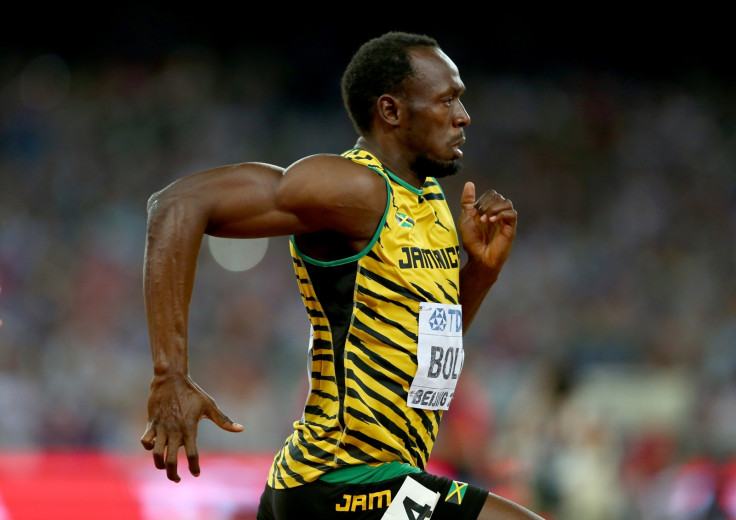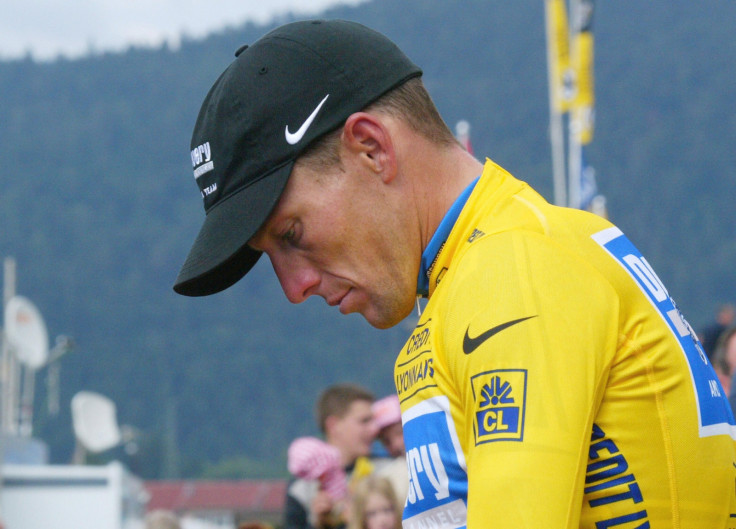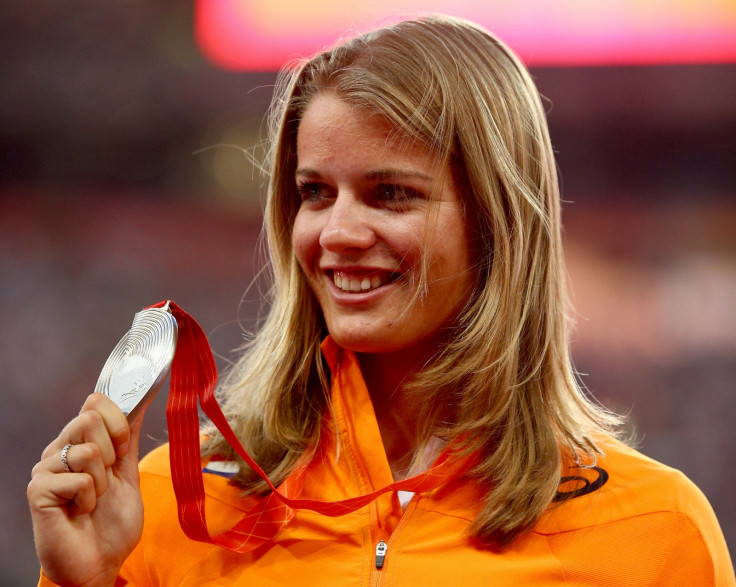Usain Bolt cannot be sole saviour of Athletics

"He's saved his title, he's saved his reputation ... and he might have even saved his sport."
- Steve Cram
The 1999 Tour de France acted as both the resuscitation and the breaking point of professional cycling. Twelve months previous, a Pandora's Box full of doping scandals was opened; thus blowing away and challenging misconceptions regarding the sport. Following the plethora of allegations, sparked by the searching of Festina carer Willy Voet by customs officers on the Belgian-French border, the race of '99 was dubbed the Tour of Renewal and its winner Lance Armstrong foisted on the world as its poster boy.
As a cancer survivor no less, Armstrong was seemingly the perfect figure to lead cycling into a new, clean era. On his shoulders rested the reputation and respectability of the sport, in whom fans could believe in and to herald in a clean era. Little did many know that the American would go on to lead the most systematic doping programme in sporting history, with the stripping of his seven yellow jerseys and the integrity of the sport damaged almost beyond repair.
The controversy which beset cycling is currently threatening to engulf athletics, albeit at this stage only in the form of sporadic bans amid allegations and conjecture. Reports and documentaries with shocking revelations have combined to ruin the perception of the sport from top to bottom, leading to the International Association of Athletics Federations' blue ribbon event, the World Athletics Championships, being played out under a significant cloud in Beijing.

Already hailed as the figurehead of world athletics with his infections personality and domination of global sprinting, Usain Bolt is now singularly being hailed as the saviour of a sport on the brink of a doping crisis. The Jamaican is the anti-doping overlord, the athlete that epitomises everything good about a new era for the sport. Sound familiar?
In the Chinese capital, a tale of good versus evil befitting of a Marvel comic plot line saw Bolt slay American Justin Gatlin to retain his 100m world title, sparking scenes of wild jubilation across the globe. Granted, Bolt has an extensive army of followers but none of his previous 14 global titles have been as warmly received.
Gatlin has naturally been painted as the scourge of athletics in the lead up to the final, having twice been banned for doping offences, and victory with allegations already hanging perilously over the sport and questions over the validity of his own world leading performances would almost have been as an advert for illicit behaviour. A combination of a late Gatlin stumble and a virtuoso final Bolt surge gave the world the result they all craved for.
Bolt may have prevailed in this latest battle but the six-time Olympic champion is now expected to lead the war against doping. The 29-year-old has now become the figurehead for the sport, in whom fans are investing all their hopes in for the future. It is a worrying reality.

Cycling is only just recovering 16 years after Armstrong began his reign at the top, and with athletics currently on its knees it cannot afford to make similar mistakes. Doubts over Bolt do not extend beyond his remarkable performances, not least in Beijing, having not been found to have suspicious blood data by The Sunday Times investigation. Yet investing the hopes and dreams of a battered sport in one man is dangerous given what has gone before. Even the slightest suspicion that Bolt has indeed been breaking the rules would see athletics dealt a fatal blow; its biggest star's reputation turned instantly into rubble.
Therefore, the responsibility of leading athletics into a new golden age should be a shared burden. Out of the darkness, a new breed of athletes are emerging. Netherlands' Dafne Schippers, the 100m silver medalist, Bosnia and Herzegovina's first world championship medallist Amel Tuka and 1500m world record holder Genzebe Dibaba are just a few role models. Bolt need not have the expectations of the world heaped on his shoulders, after all he won't be around forever.
© Copyright IBTimes 2025. All rights reserved.





















